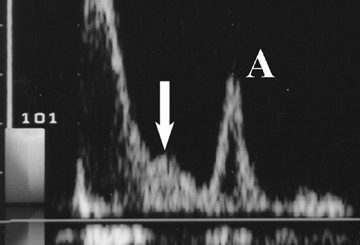Lung cancer
Contents
- 1 CK7 is present in many lung cancers, but absent from
- 2 Which Adenocarcinoma of lung is most aggressive?
- 3 "Driver mutations" – are particularly common in adenocarcinomas
- 4 Most common with carcinoma lung
- 5 Which of the following tumor develops hollow cavity and associated cell death at the center of the tumor?
- 6 Horner's syndrome is common in lung tumors at
- 7 Most common symptom of carcinoma lungs
- 8 Which Adenocarcinoma of lung is least aggressive?
- 9 Small cell lung cancer are most commonly found near
- 10 Leading cause of cancer death
CK7 is present in many lung cancers, but absent from
squamous cell carcinomas.
Adenocarcinomas tend to express Napsin-A and TTF-1; squamous cell carcinomas lack Napsin-A and TTF-1, but express p63 and its cancer-specific isoform p40
Which Adenocarcinoma of lung is most aggressive?
lepidic subtype is associated with good prognosis, acinar and papillary subtypes show intermediate prognosis, whereas micropapillary and solid subtypes correlate with the worst prognosis
"Driver mutations" – are particularly common in adenocarcinomas
Adenocarcinoma
Most common with carcinoma lung
Hypercalcemia
Most common is hypercalcemia caused by over-production of parathyroid hormone-related protein or parathyroid hormone.
Which of the following tumor develops hollow cavity and associated cell death at the center of the tumor?
Squamous-cell carcinoma
Squamous-cell carcinoma causes about 30% of lung cancers. Occur close to large airways. Hollow cavity commonly found at the center of the tumor.
Horner's syndrome is common in lung tumors at
Apex
Horner's syndrome - seen in Pancoast tumor which is a tumor of the apex of the lung.
Most common symptom of carcinoma lungs
Cough
Which Adenocarcinoma of lung is least aggressive?
lepidic type adenocarcinoma - grow along the alveolar walls
lepidic subtype is associated with good prognosis, acinar and papillary subtypes show intermediate prognosis, whereas micropapillary and solid subtypes correlate with the worst prognosis
Small cell lung cancer are most commonly found near
center of the lung
SCLC tumors are often found near the center of the lungs, in the major airways
Leading cause of cancer death
carcinoma lung
lung cancer is the most diagnosed type of cancer, and the leading cause of cancer death





